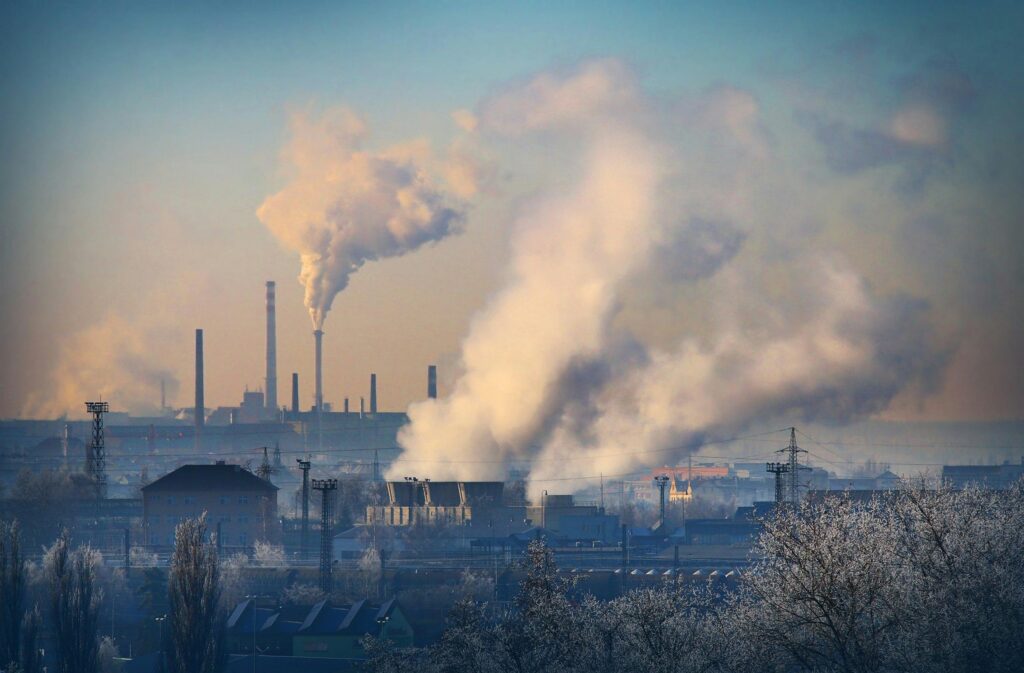

(The truth about indoor air quality—and what Falcon Laboratory can help you do about it)
Take a deep breath.
Feels good, right?
Now here’s a question that most people never ask:
Don’t worry—this isn’t a scare tactic.
But it is a wake-up call.
Most of us assume that Air indoors—inside our homes, offices, kids’ schools—is clean and safe. After all, it looks fine. It doesn’t smell weird. The AC is running. Everything feels fresh.
But the truth is, the Air indoors can be hiding things you’d never expect.
In their absence, you do not engage with them. Until… someone starts coughing. Or you get constant headaches. Or the kids are always sneezing. One starts to contemplate, ”What is occurring here?”
That’s where air quality testing comes in. And that’s exactly what Falcon Laboratory LLC helps people with—every single day.
Let’s walk you through what we’ve learned, what we’ve seen, and why it matters for you.
It’s not just you.
Most of us spend up to 90% of our lives indoors. Think about it:
Here in the UAE, it’s even more so. The hot climate means we keep windows shut tight, ACs running 24/7, and spaces sealed off from the heat and dust outside. That’s great for staying cool—but not always great for the Air we’re breathing inside.
Indoor Air can be up to five times more contaminated than outdoor Air, in fact.
And that can affect everything from how clearly you think to how well you sleep to how your children grow.
These come from things you’d never suspect—like new furniture, paint, air fresheners, glue, and even your favourite cleaning spray.
They may smell “new” or “fresh,” but those smells? They’re made of chemicals called VOCs (volatile organic compounds).
In small doses, they might not seem like a big deal.
But in a tightly sealed room, over time, they can cause:
And long-term exposure? That’s something we don’t want for anyone.
Tiny, invisible dust floats in from the outside. Or it’s stirred up from cooking, candles, incense, or even just living life indoors.
Some of it is harmless.
Some of it? Not so much.
These microscopic particles can go deep into your lungs—and even enter your bloodstream. And they’ve been linked to:
The scariest part? You won’t see them. You might not even smell them. But your body feels them.
UAE homes are notorious for this, especially with AC systems and humidity.
Mold doesn’t always look like the scary black spots in horror movies. Sometimes it hides behind walls, in ducts, or under carpets.
And the spores it releases can:
If your space ever smells musty, or you’re constantly sick at home but fine when you’re away… mold might be your culprit.
We love our bakhour—there’s no denying the beauty of that scent.
But when burned regularly, especially in closed rooms, incense can release:
That doesn’t mean you have to give it up. But it does mean it’s worth testing your Air and finding a healthy balance.
The scary one.
You can’t see it. You can’t smell it.
But this gas can leak from gas stoves, heaters, or poorly maintained appliances. And it can quietly cause:
If you’ve ever felt off after cooking or heating something, this might be the reason.
If you live near a busy road, industrial area, or construction site, these gases can creep inside—even with the doors and windows shut.
They irritate your lungs, dry out your throat, and can make respiratory issues worse.
More common in older villas or buildings under renovation.
If you’re fixing up an older space—or just moved into one—it’s worth doing a proper environmental air check before you settle in.
We hear that a lot.
The majority of individuals do not consider air quality until an illness occurs.
But here’s the thing: most air-related symptoms are subtle at first.
A headache you can’t explain.
A child who’s always coughing at night.
An employee who keeps sneezing at their desk.
That one room that always smells weird or feels stuffy.
Trust your instincts.
If something feels off, it probably is.
Falcon Laboratory sends trained professionals with advanced equipment to test your indoor Air. No guesswork. No gimmicks.
We measure:
Then we give you:
Whether it’s your home, school, office, or building site—we’ll help you make it safer and healthier.
Because we care.
Because we’re local.
Because we know the UAE’s climate, buildings, and air systems inside and out.
And because we believe clean Air is a basic right, not a luxury.
We’re proud to be one of the UAE’s most trusted names in environmental testing services, with certifications, deep expertise, and a human-first approach.
Here are a few simple steps to start improving your indoor Air:
Because nothing beats clarity.
Upon understanding the composition of your Air, you can assert control over it.
Air is something we all share.
It moves through our homes, our lungs, and our lives—quietly shaping how we feel, sleep, focus, and heal.
When your Air is clean, you barely notice.
But when it’s not? It can change everything.
So, if you’ve been wondering, “Is my air really as safe as it should be?”
Let’s find out—together.
Falcon Laboratory is here when you’re ready.
No pressure. No panic. Just people who care, helping you breathe easier—one test at a time.
Reach out to Falcon Laboratory LLC, contact us today for more info.
We’ll bring the science.
You bring your peace of mind.